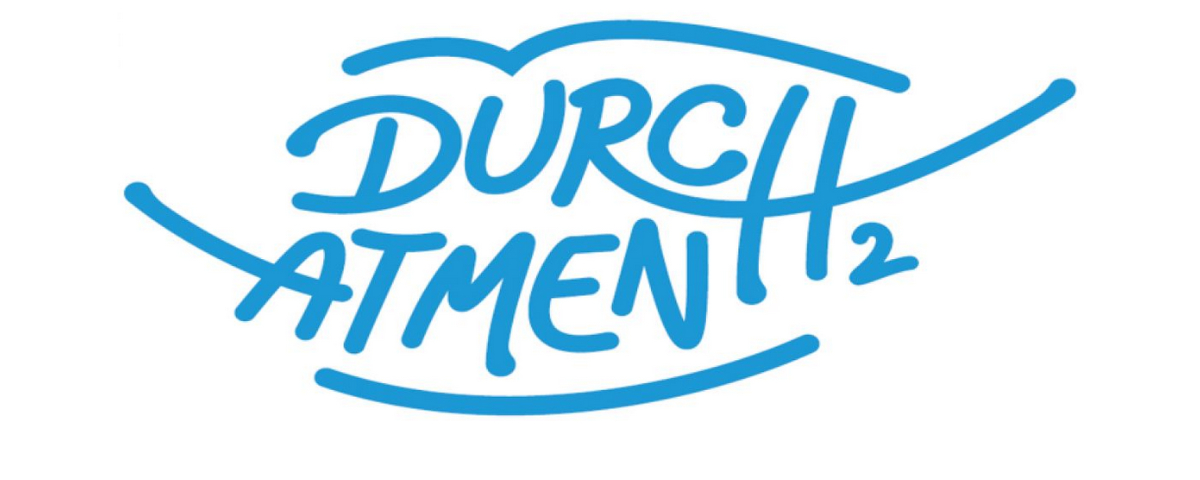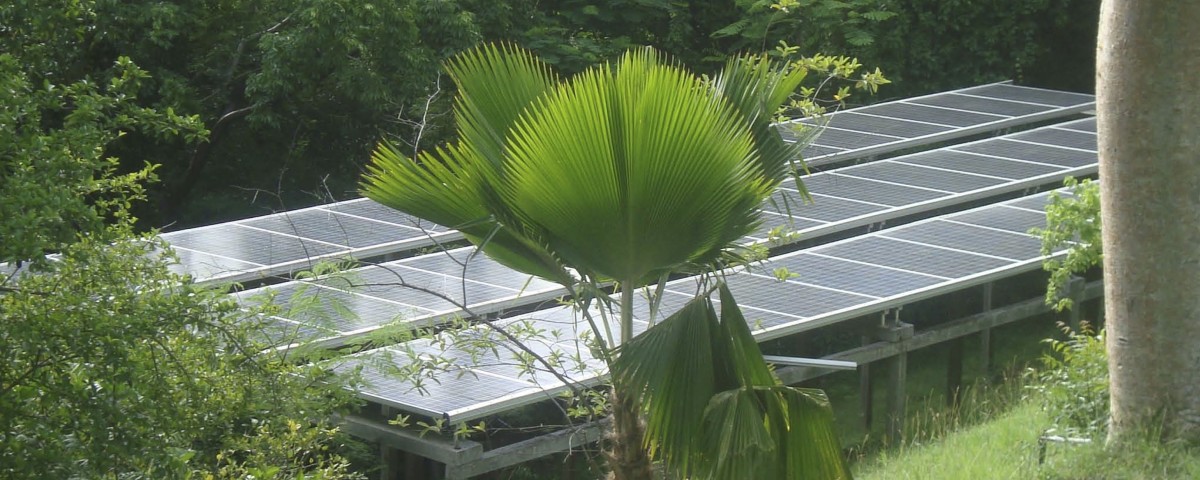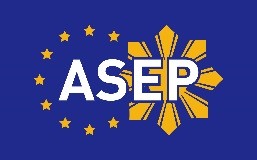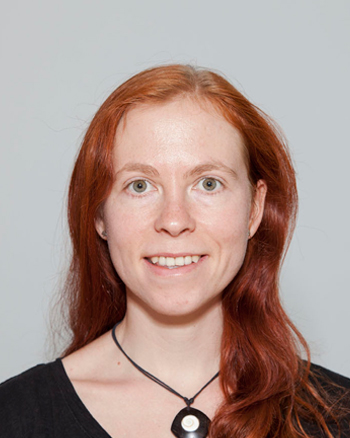
Energy Transition Podcasts with Kathrin Goldammer
31. August 2021
07.09. | Energy conference of the Hydrogen Network Lausitz
7. September 2021GIS-based tool for Renewable Energy in agriculture

In this project, RLI has developed a geo-information tool for the Philippines that identifies the most promising sites to use renewable energy in the country’s agriculture. Various datasets are used for this purpose, including data on area settlement, energy infrastructure, and major crops.
The Philippines are in the process of transforming from a developing country into an emerging economy. However, major challenges remain, particularly in the area of energy supply. Among the country's particular challenges is the sustainable supply of energy to smaller, more remote islands - the Philippines are composed of more than 7,000 islands of which nearly 900 are inhabited. More than 70 percent of the regions that depend on the public energy supply company for small power utilities (NPC-SPUG) receive less than eight hours of electricity per day. The energy supply that is available usually depends upon environmentally harmful and costly diesel-driven generators.
Ideal conditions for the use of renewable energy
The insularity of the country also provides ideal conditions for the use of renewable energy, as wind and sun are sufficiently available. Experiences from the three pilot sites of the "Initative Productive Uses of Renewable Energy" (PURE), implemented under the Access to Sustainable Energy Program (ASEP) of the European Union (EU) and the Philippine Department of Energy (DOE), already delivered promising results. The effective use of renewable energy increases the value of agricultural products, creates jobs and boosts economic growth in structurally weak regions.
Simplified planning of future measures thanks to geo-information tool
This was the starting point of the project, which, with the help of the developed geo-information tool, enables the effective planning of future measures and projects, similar to the PURE initiative. For example, access to isolated renewable energy-based power sources will enable the country's most marginalized communities to use production facilities. To do this, the tool uses a variety of geospatial datasets: Datasets on non-electrified remote islands, areas of the country with agricultural data (four selected crops, market potential, etc.) and socio-economic data (population, households, access to markets, etc.). Based on the intersection of data, potential target areas can be identified and investment costs estimated.
Cost savings and long-term sustainable energy access
The benefit of the developed tool is to facilitate the identification of future PURE project sites and improve long-term operational sustainability. Remote geospatial analysis avoids lengthy and costly site visits to identify suitable future locations for PURE replications. Thus, combining energy supply with the effective use of renewable energy for agricultural processing enables improved sustainability and ultimately improved livelihoods.
© Photo: RLI
The Philippines are in the process of transforming from a developing country into an emerging economy. However, major challenges remain, particularly in the area of energy supply. Among the country's particular challenges is the sustainable supply of energy to smaller, more remote islands - the Philippines are composed of more than 7,000 islands of which nearly 900 are inhabited. More than 70 percent of the regions that depend on the public energy supply company for small power utilities (NPC-SPUG) receive less than eight hours of electricity per day. The energy supply that is available usually depends upon environmentally harmful and costly diesel-driven generators.
Ideal conditions for the use of renewable energy
The insularity of the country also provides ideal conditions for the use of renewable energy, as wind and sun are sufficiently available. Experiences from the three pilot sites of the "Initative Productive Uses of Renewable Energy" (PURE), implemented under the Access to Sustainable Energy Program (ASEP) of the European Union (EU) and the Philippine Department of Energy (DOE), already delivered promising results. The effective use of renewable energy increases the value of agricultural products, creates jobs and boosts economic growth in structurally weak regions.
Simplified planning of future measures thanks to geo-information tool
This was the starting point of the project, which, with the help of the developed geo-information tool, enables the effective planning of future measures and projects, similar to the PURE initiative. For example, access to isolated renewable energy-based power sources will enable the country's most marginalized communities to use production facilities. To do this, the tool uses a variety of geospatial datasets: Datasets on non-electrified remote islands, areas of the country with agricultural data (four selected crops, market potential, etc.) and socio-economic data (population, households, access to markets, etc.). Based on the intersection of data, potential target areas can be identified and investment costs estimated.
Cost savings and long-term sustainable energy access
The benefit of the developed tool is to facilitate the identification of future PURE project sites and improve long-term operational sustainability. Remote geospatial analysis avoids lengthy and costly site visits to identify suitable future locations for PURE replications. Thus, combining energy supply with the effective use of renewable energy for agricultural processing enables improved sustainability and ultimately improved livelihoods.
Project Duration: May – August 2021
© Photo: RLI
RLI assumed the following tasks within this project:
- Collection and compiling of data on measure similar to PURE projects
- Collection of data relevant to visualize the required framework to successful Pure projects. These include:
- Biomass datasets created through Lidar2 satellites from the UP for DoE
- Land use data from NAMRIA and BSWM
- Spatial socioeconomic data from stakeholders such as Philippines Statistics Agency
- Processing of the collected geospatial data and integration into one tool
- Investment analysis based on the geospatial data set
- Development of an investment plan for PURE projects
- Implementation of a final tool for the nationwide replication of PURE by the Philippine Department of Energy







